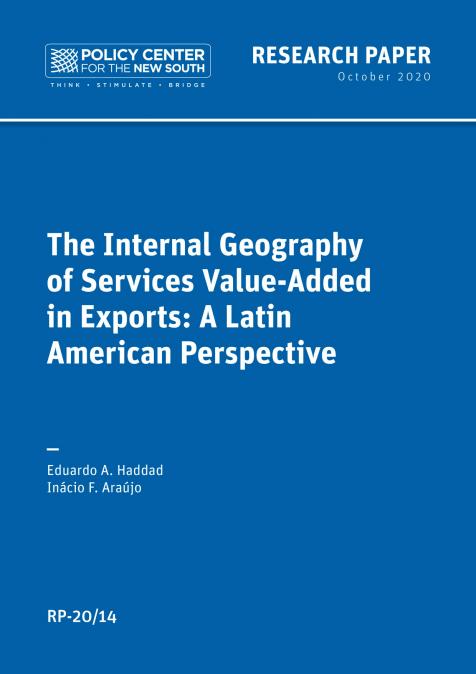Podcasts
Global Economy Now and the Challenges Ahead
Related topics:
The global economy is on the path to recovery following the dual challenges of the COVID-19 pandemic and Russia's invasion of Ukraine. While there are promising signs of short-term progress, such as stronger-than-expected growth and lower inflation, significant challenges remain, leading to overall uncertainty. There are increasing signs that global economic activity is losing momentum, partly due to the widespread tightening of monetary policies. Adding to the complexity, core inflation, which excludes energy and food prices, continues to surpass the targets established by central banks. Furthermore, a pressing issue on the economic horizon is the sustainability of debt, particularly in the context of developing nations that are facing higher demand of public services with a lower fiscal space. The global economic landscape is undergoing a transformation, marked by the emergence of geoeconomic fragmentation. This phenomenon is characterized by the world economy fragmenting into competing blocs, presenting a substantial threat. Emerging and developing economies, which rely heavily on a tightly interconnected global economy, foreign direct investment, and the exchange of technological advancements, are particularly vulnerable to the implications of this trend. In this podcast, Otaviano Canuto, senior fellow at the Policy Center for the New South, shares his insights on the current macroeconomics dynamics of the global economy along with the challenges that lie on the horizon.










